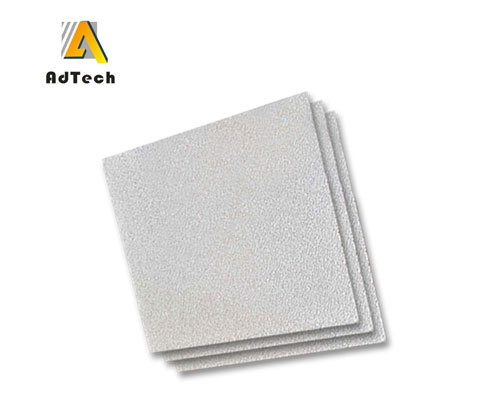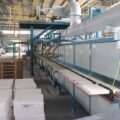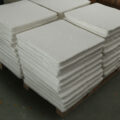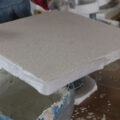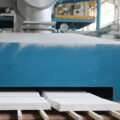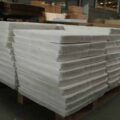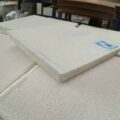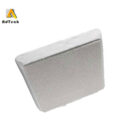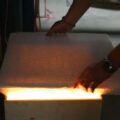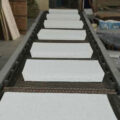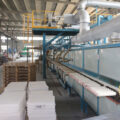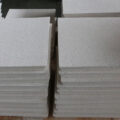Porous Ceramic Filters are phosphate-free high alumina-based products with high porosity and mechanochemical stability. They have excellent resistance to molten aluminum thermal erosion and corrosion. Porous Ceramic Filters are also called Ceramic Foam Filters, Foundry Ceramic Filters. They can effectively remove inclusions, reduce trapped gas and provide laminar filtration of molten aluminum during laminar flow. The combination of definite tolerance makes it the first choice for molten nonferrous metal filtration.
Alumina ceramic foam filters are mainly used for filtration of aluminum and aluminum alloy in the foundry. The alumina (Al2O3) ceramic foam filter has an excellent ability to resist corrosion and corrosion of molten aluminum. It can effectively remove inclusions, reduce trapped gas and provide laminar flow, and the filtered metal is cleaner. Cleaner metals result in higher quality castings, fewer rejects, and fewer inclusion defects, all of which contribute to higher profits.
Porous Ceramic Filters
Porous Ceramic Filters provide the best way to eliminate non-metallic inclusions. These inclusions are the main source of quality problems in castings. And help you meet the growing demand for quality.
When casting products, the impurities, refractory waste, solid refractory alloy, and sinter in molten metal are removed to eliminate turbulence, reduce porosity and improve casting quality. Therefore, our ceramic foam filters (foam ceramics) are widely used in the foundry industry, such as low carbon steel, stainless steel, iron, bronze, copper, alloy, and aluminum casting/casting, which can prevent oxide, and scum, gas, slag, and other impurities.
The turbulence in the metal flow is eliminated and the metal flow is smoothed to avoid the spray, spatter and collapse. Improve fluidity, castability, processability, yield, and cost-effectiveness.
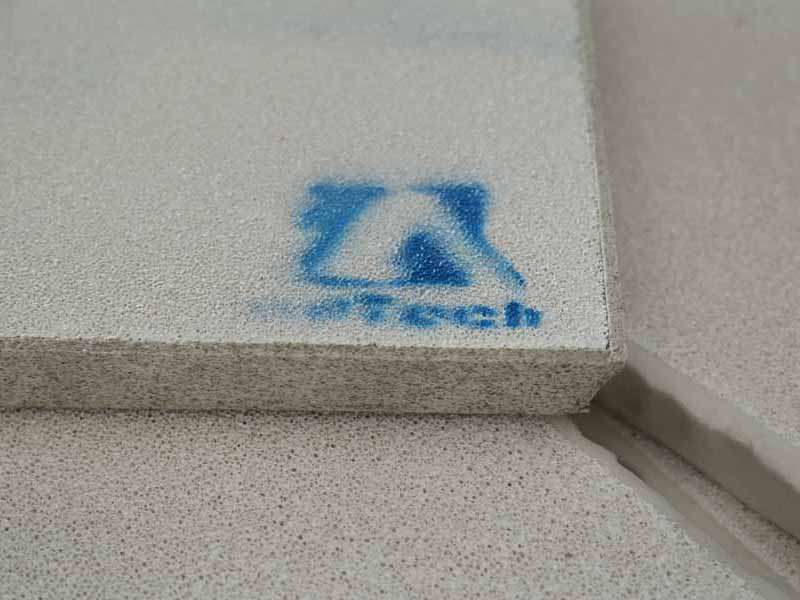
Functions
- Remove more fine particles, reduce scrap and rework
- Low-pressure loss.
- Provide consistent flow rate and capacity.
- Available in various sizes, shapes, and apertures.
- How can efficient filtration improve the whole process
- Ceramic foam filters have the advantage of improving molten metal treatment, casting, machining, and finished products themselves.
Advantages
- Increased liquidity: The removal of inclusions makes the metal more fluid, which makes the mold filling easier, the casting structure better, and the castability of thin-walled castings is better.
- Reduce die wear: Removal of inclusions and other non-metallic debris from the melt can reduce mold welding and mold metal interaction, thereby reducing die surface and service life.
- Longer tool life: Oxides and intermetallic inclusions can form “hard spots” that can damage tools during machining and finishing operations. Filtration reduces tool wear and increases productivity.
- Less rejection: Inclusions can form pores and produce thermal tearing during solidification, resulting in surface defects, damaging appearance, and often reducing mechanical properties. In many cases, filtration reduces waste from these causes to almost zero.

